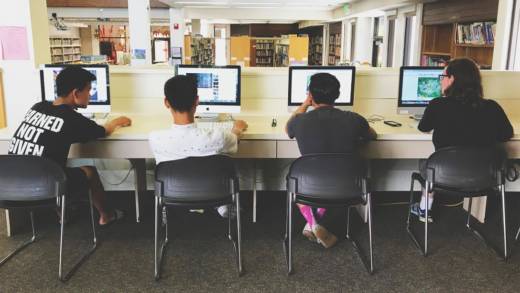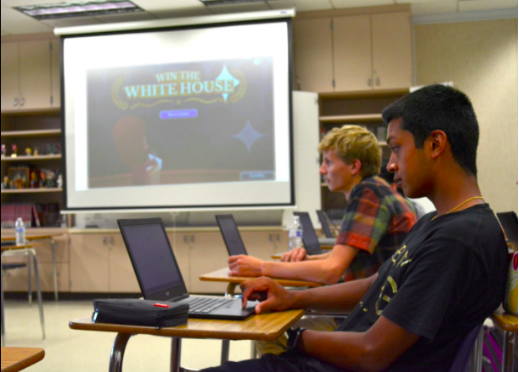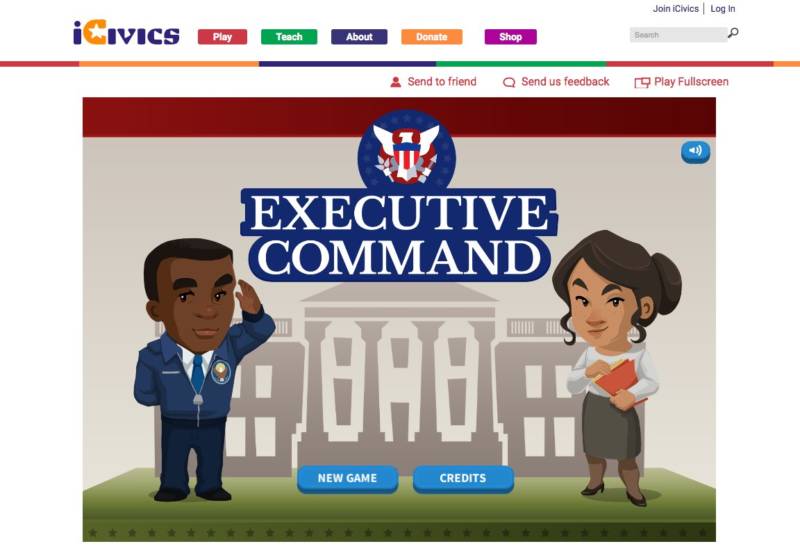I teach social studies at a high-achieving, nationally acclaimed public high school in California. In other words, I teach at a school with a longstanding history of excellence and an entrenched culture of high expectations.
Despite this, computer games are a staple of my instruction, with some of the best games (listed below) found on the iCivics website.
- “Win the White House”
- “Executive Command”
- “Do I Have a Right?”
- “Supreme Decision”
- “Represent Me”
I first heard of iCivics, the nonprofit founded by U.S. Supreme Court Justice Sandra Day O’Connor that provides a free, digital games-based curriculum to teach civics, in 2010, a year after the launch of their first two games. My initial reaction: “Yeah, right. Computer games for students at my school?”
When a talented colleague challenged me by saying, “Don’t be a snob. There’s so much value there,” I felt compelled to give them a try.
A couple of years later, I approached the start of the school year determined to engage in serious iCivics experimentation. By the end of the year, I’d learned that iCivics can be used:
- As a hook to introduce new learning
- As the primary learning activity
- As an assessment activity
- As an extra credit opportunity
- As a tool for English-language learners
- As a learning tool for struggling learners
- As an enthusiasm generator
- As a dependable set of plans for a substitute teacher
[media-credit id=11287 align="aligncenter" width="478"] [/media-credit]
[/media-credit]
Students Who Benefit the Most From the Games
I’ve found that the students who often benefit the most from playing iCivics games are the energetic and the struggling learners.

 [/media-credit]
[/media-credit]